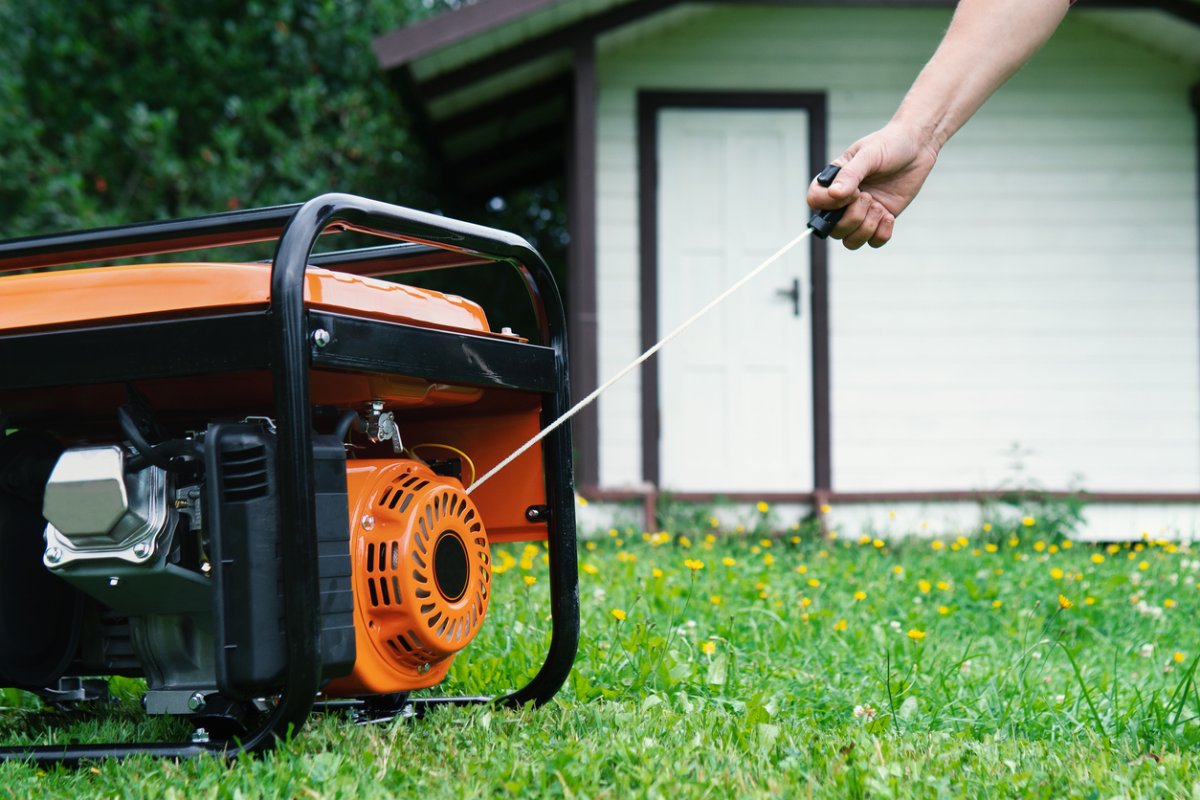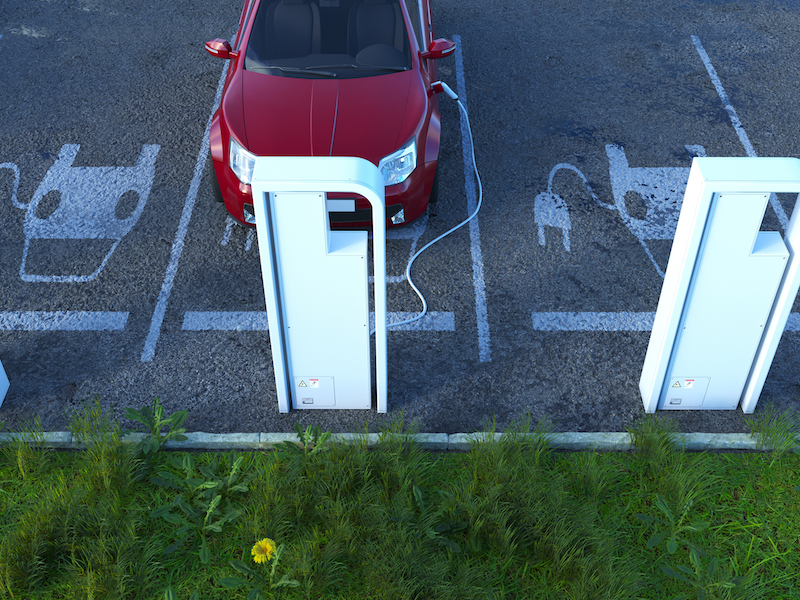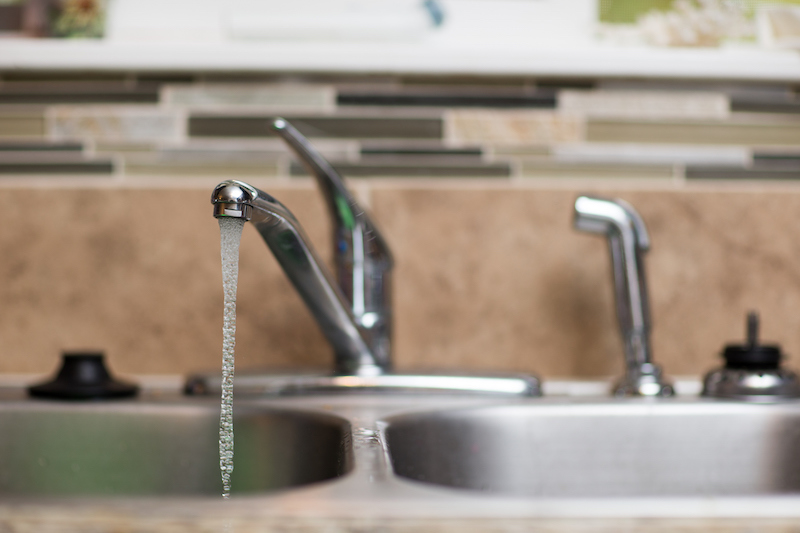

We may earn revenue from the products available on this page and participate in affiliate programs. Learn More ›
Power outages are usually the result of extreme weather events such as high winds, lightning strikes, or ice buildup that causes overhead power lines to break. For the preparedness-minded among us, these infrequent but often disastrous blackouts are reason enough to make backup emergency power supply plans for our homes.
Though local utility crews work tirelessly to restore service outages, in heavily hit areas it can sometimes be days before the electricity is back on. Preparing for extreme weather—and now, possible domestic terrorism—are reasons enough why every household should have a portable generator at the ready to run appliances, heating, and air when the power goes out. For some households, including those with medical needs or transportation limitations, a portable generator is an absolute necessity. Here’s why.
What is a portable generator?

Portable generators provide power to tools and appliances when you need supplemental electricity. They run on gasoline, diesel, or propane and are typically equipped with at least two electrical outlets. Because their combustion engines emit fumes, portable generators should only be used outdoors and at a safe distance from living spaces, although extension cords can be used to carry the power indoors.
1. Without one, you could lose your perishable food supply.
If your fridge is fully stocked, you could lose hundreds of dollars worth of refrigerated and frozen items if the power stays out more than a few hours. The USDA recommends throwing out perishable foods just 4 hours after a refrigerator loses power. If, however, you can connect the fridge to a portable generator, you won’t have to worry about the expense of restocking.
2. You drive an electric car.

While a power outage keeps most people in the dark, it can completely strand electric car owners. If you depend on an electric car to get around, having a portable generator will ensure that you can drive to work, go to the grocery store, pick up the babysitter, rush to the emergency room, or travel wherever else you need to go, even during an extended blackout.
RELATED: 16 Problems a Power Outage Can Cause at Home
3. You’re DIY-ing beyond the reach of an electrical outlet.
Power tools make home projects go faster and more easily. But what if you’re working somewhere an extension cord won’t reach? If you’re installing a new fence on the back forty or building a she-shed at the end of long lot, you need another solution. A portable generator will let you plug in your power tools and get your project done quickly instead of having to switch out batteries on your cordless tools, or head home to recharge them.
4. Your house uses well water.

Municipal water systems are pressurized, so water will come out of the faucet whether or not there’s a power outage. Not so for rural dwellers who depend on electric pumps to pump the water out of their wells and into their homes. But if you have a portable generator, you can plug the well pump into it and keep the water flowing during a power outage.
RELATED: 15 Things You Can Do to Prepare for a Winter Power Outage
5. You have a sump pump in the basement.
In areas where flooding is an issue, basements often have sump pumps that pump away unwanted water before it can accumulate and cause damage. Heavy rains are the worst possible times for sump pumps to stop working, and unfortunately, power outages often occur during thunderstorms. When you plug the sump pump into a portable generator, you gain the peace of mind of knowing your basement will stay dry even though the power is out.
6. You live in an area where there’s a high risk of wildfires.

Utility companies have been known to shut off power to customers in heavily wooded and drought-stricken areas if there’s a high risk of fire. The shutoff is often in conjunction with the prediction of high winds that pose a risk of downed power lines—a leading cause of fires. But with a portable generator handy, you’ll always have a source of electricity during those utility shutdowns.
RELATED: How to Protect Your Property From Wildfires
7. You go camping regularly.
If your family enjoys sleeping under the stars, they’ll enjoy it even more when they have the ability to charge their phones, keep drinks cold in a mini-fridge, and check email on their laptops. With a portable generator, you can enjoy all your modern conveniences while you’re camping in the great outdoors.
8. You have a home business.

When you run a home business, a simple power outage could mean a complete work shutdown unless you have a generator. With the growing gig economy, millions of Americans work from home. It’s essential for them to have a portable generator on hand to keep the Wi-Fi, PC, printers, and internet running, even in the middle of a widespread power outage.
RELATED: The Best Quiet Generators for a Peaceful Power Supply, Tested
9. You rely on an electronic medical device.
If you or a family member is dependent on a medical device—such as a heart monitor, an oxygen tank, or a rechargeable power chair—advance planning is vital. When a life is on the line, it’s especially important to be prepared. You not only need a portable generator, but you also must have extension cords and the fuel for your generator so you can switch to your alternate power source at a moment’s notice.
